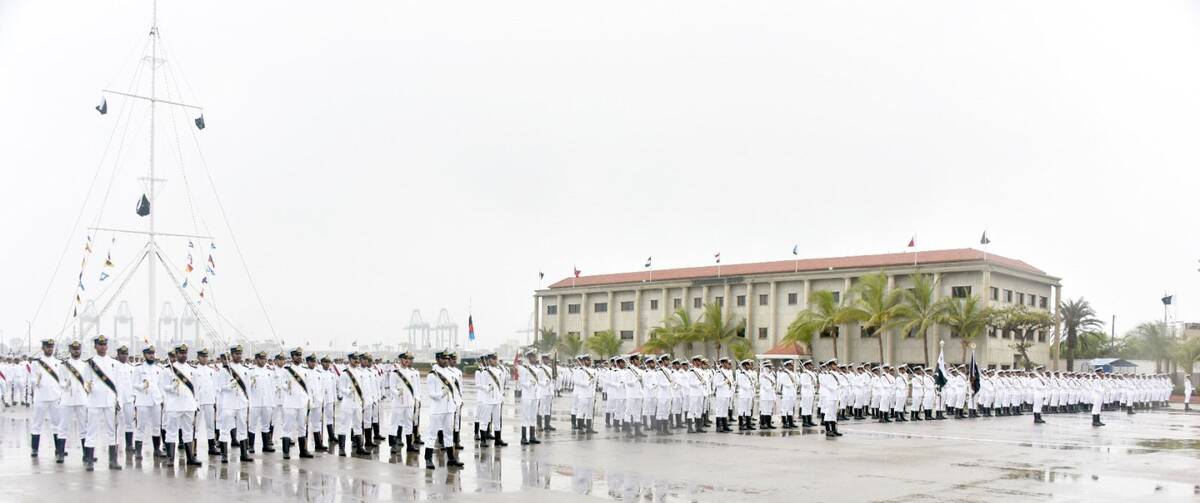ISLAMABAD: A Pakistani judge on Thursday said he would stop police from arresting former prime minister Imran Khan in a case involving the sale of state gifts if the ex-premier was prepared to surrender himself before authorities.
Police arrived on Tuesday outside Khan’s Zaman Park residence in Lahore with a court-issued order to arrest him, unleashing two days of clashes with supporters who said they would not allow their leader to be taken into custody.
Sessions court judge Zafar Iqbal had issued the non-bailable warrants following Khan’s repeated absence from the previous hearings of the Toshakhana reference, involving the sale of state gifts given by foreign leaders while Khan was prime minister. Khan aides say he does not attend court hearings due to security threats.
On Wednesday early evening, after nearly two days of violence, the Lahore High Court (LHC) halted the police operation to detain the ex-PM until 10am on Thursday, and the Islamabad High Court (IHC) said the former premier needed to approach the sessions court for the suspension of warrants.
“The court wants Imran Khan to appear before it,” Judge Zafar Iqbal said during Thursday’s hearing of the sessions court.
“According to the law, Khan was supposed to cooperate with the police. Why did he not appear in the court when the issue could have been resolved in a second?”
“If Khan surrenders now, the court can order the police not to harm his dignity,” Iqbal said.
Meanwhile, the Lahore High Court (LHC) halted the police operation to detain the ex-PM until Friday, as various courts in the country look into appeals against the warrants out for Khan.
Pakistan’s election commission found Khan guilty in the Toshakha case last October. A criminal inquiry is now underway, and if convicted, Khan faces being barred from holding public office, a huge setback with a national election scheduled for late this year.
Apart from the Toshakhana reference, the ex-premier has been booked in over 70 different cases on various charges, including blasphemy, terrorism and sedition, which carries the death penalty in Pakistan. He has appeared in court in other cases. Khan says the cases against him are politically motivated which the government denies.
On Thursday, Islamabad police registered four new cases against Khan and his close aide, Shah Mahmood Qureshi, as well as dozens of party supporters over Thursday’s clashes, adding to his already deep legal woes.
Khan was ousted from power in a parliamentary vote of no-confidence last April and has since held rallies and protest marches to ask the government to announce snap national elections. The government says polls will be held on schedule late this year.
Meanwhile, in a major setback, the Lahore High Court instructed Khan to call off a public rally in Lahore scheduled for Sunday, citing procedural reasons.
The former prime minister had announced plans to hold a “power show” at the historical Minar-e-Pakistan monument in Lahore earlier this week.
“In order to hold the power show, preparations must be made at least 15 days in advance,” Justice Tariq Saleem Sheikh was widely quoted by local media as saying.
He also asked Khan’s party to follow the proper procedure and comply with the legal system in arranging its rally.


















